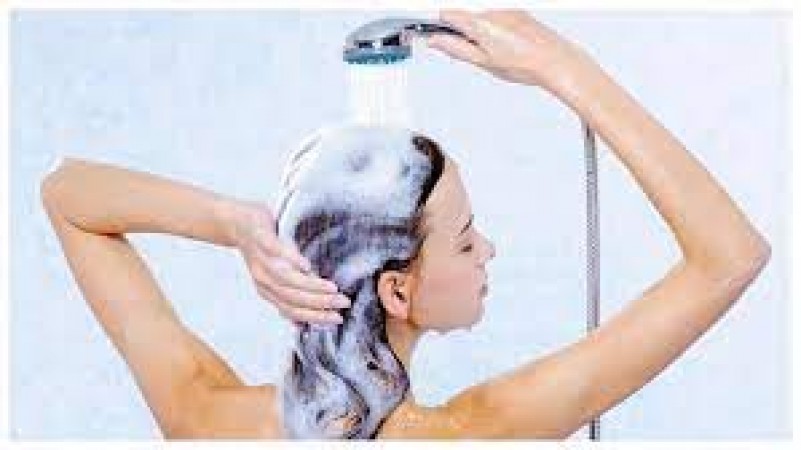
In the vast realm of hair care, the age-old debate surrounding the potential harm of washing hair at night has persisted. Many individuals are eager to understand the impact of nighttime hair washing on the health and vitality of their locks. Let's embark on a journey to explore this common concern and decipher what experts have to say on the matter.
To dissect the effects of washing hair at night, it's imperative to delve into the fundamental structure of hair. Each strand comprises protein, undergoing a natural cycle of growth and shedding.
Integral to this discussion is the role of sebum, the natural oil produced by the scalp. Sebum acts as a protective barrier, preventing excessive dryness and damage to the hair.
Proponents of nighttime hair washing argue that it can offer several advantages. Cleansing the hair at night helps rid it of impurities accumulated during the day, providing a fresh start for the hair follicles.
However, detractors express concern about the potential stripping of natural oils. Frequent washing, particularly with harsh shampoos, may lead to the removal of essential sebum, resulting in dry and brittle hair.
Another consideration is the potential disruption of the natural hair growth cycle. The overnight period is when the scalp tends to produce more sebum, contributing to the overall health of the hair.
Renowned stylists frequently share their wisdom on hair care practices. Some argue that the harm caused by nighttime washing is minimal, especially if followed by proper conditioning.
Dermatologists offer valuable insights, emphasizing the importance of considering individual hair types. While some may benefit from nightly washing, individuals with dry or curly hair might find it excessive.
Experts consistently recommend selecting mild shampoos and conditioners tailored to your hair type. This helps minimize potential damage while ensuring effective cleansing.
Understanding your hair type is paramount. Tailor your washing frequency accordingly – some hair types thrive with more frequent washing, while others benefit from a less frequent approach.
Simple yet effective measures, such as using a silk pillowcase, can significantly reduce friction and breakage during the night. This minor adjustment can contribute to the overall health of your hair.
In the grand scheme of things, whether washing your hair at night causes harm is contingent on various factors. These include your hair type, the products you use, and your overall hair care routine. Striking the right balance is essential for maintaining healthy, vibrant locks. Understanding that there's no one-size-fits-all approach is key. Paying attention to your hair's unique needs and consulting with professionals if you have concerns about your nighttime hair care routine ensures a personalized approach to hair health. As you embark on your hair care journey, consider the wisdom shared by experts and the unique characteristics of your hair. By doing so, you'll not only uncover the truth about nighttime hair washing but also cultivate a routine that nurtures and enhances the natural beauty of your locks.
Namibia Mourns: President Hage Geingob Passes Away at 82
How right is it to take abortion pill to avoid pregnancy? Take some action after knowing this